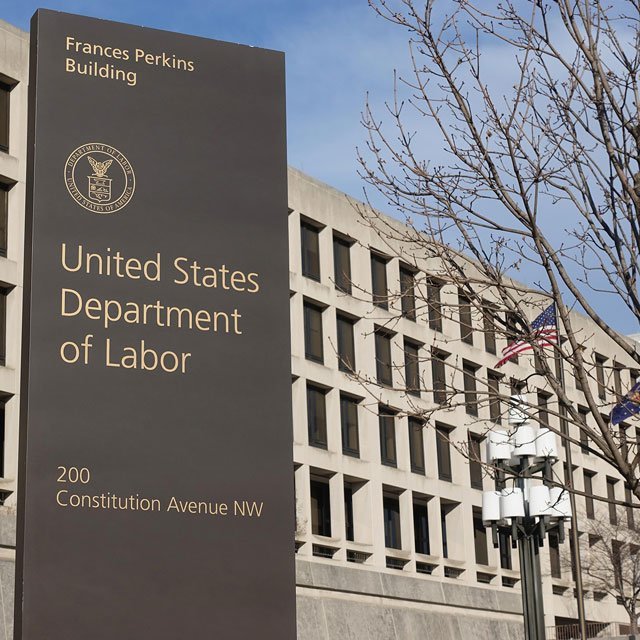New DOL Fiduciary Rule Pushed to December

The amendment, the rule states, “would take into account practices of investment advisers, and the expectations of plan officials and participants, and IRA owners who receive investment advice, as well as developments in the investment marketplace, including in the ways advisers are compensated that can subject advisers to harmful conflicts of interest.”
In conjunction with the fiduciary rule, Labor’s regulatory agenda states that its Employee Benefits Security Administration (EBSA), which writes retirement plan rules, “also will evaluate available prohibited transaction class exemptions and propose amendments or new exemptions to ensure consistent protection of employee benefit plan and IRA investors.”
Ali Khawar, acting assistant secretary for EBSA, said on May 19 that Labor will factor in other agency rulemakings, like the Securities and Exchange Commission’s Regulation Best Interest, as it crafts its fiduciary rule.
The new fiduciary advice exemption issued by the Trump administration, PTE 2020-02, which went into effect on Feb. 16 “is a very significant development in the ERISA space,” Khawar said.
The exemption, he continued, “is not mandatory, not everyone has to implement 2020-02 as part of their business model; that’s one of the other things we’re thinking about: With the regulatory changes at [Labor] and other regulators, how do we navigate it?”
Starting on July 1, advisors and firms under Labor’s new fiduciary prohibited transaction exemption 2020-02 “will need to provide to the participant, in writing, the specific reasons why a rollover is in [their] best interest,” according to ERISA attorney Fred Reish, partner at Faegre Drinker.
As it crafts its fiduciary rule, Khawar said that Labor continues to think through: “What do we need to do and how can we make sure that it’s [the fiduciary rule] done in a way that doesn’t disadvantage the people that made the decision to implement 2020-02?”
President Joe Biden’s nominee to head EBSA, Lisa Gomez, will need a second Senate vote.
The full Senate voted 49-51 on June 8 against Gomez to lead EBSA.
Senate Majority Leader Chuck Schumer, D-Mass., voted no, but he entered a motion to reconsider Gomez’s nomination.
Sen. Patty Murray, D-Wash., chairwoman of the Senate Health, Education Labor & Pensions Committee, said in a statement then that the 49-51 result “showed there are enough votes to confirm Gomez to the position, and Majority Leader Schumer’s vote against the nomination will allow him to bring it to the floor again for a successful confirmation vote soon.”




